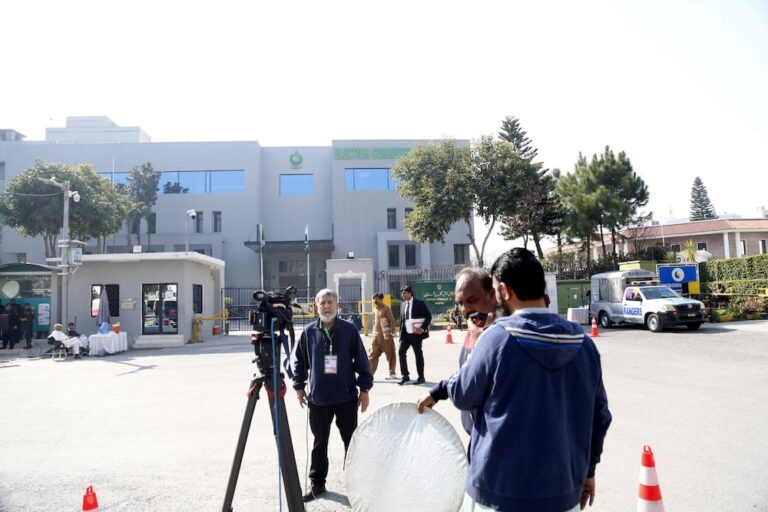The government of Sindh province in Pakistan has recommended a 3-month ban on messaging and social networks to deprive terrorists and criminals of means of communication that are difficult to trace.
On October 3, 2013, the government of Sindh province recommended a 3-month ban on messaging and social networks ostensibly for security reasons.
The provincial government recommended to the federal government a temporary three-month ban on instant messaging and Voice Over Internet Protocol (VoIP) services, including Skype, Whatsapp, Viber and Tango, in Sindh to deprive terrorists and criminals of means of communication that are difficult for law enforcement agencies to trace.
The decision was taken during a meeting between provincial Chief Minister and representatives of police and intelligence agencies.
Provincial Information Minister Sharjeel Memon announced the decision in a press conference, during which he said terrorists and criminal elements were using these Internet applications to communicate after the launch of a targeted operation against them in Karachi, the provincial capital. He said these measures were essential for the restoration of peace in the city and to that end the province will also contact the Pakistan Telecommunication Authority (PTA).
This is not the first time communication services have been blocked in the name of security. Cell phone services have been blocked a number of times for short periods on sensitive occasions when the government feared major terrorist attacks. In 2011, the government ordered all Internet Service Providers (ISPs) to discontinue all virtual private network (VPN) services in Pakistan to prevent extremists from using the secure networks for communication.
However, press reports quoting the Federal Interior Minister said the federal government, which has authority over such measures, had made no decision to shut down Skype, Whatsapp and other networks in Pakistan.


